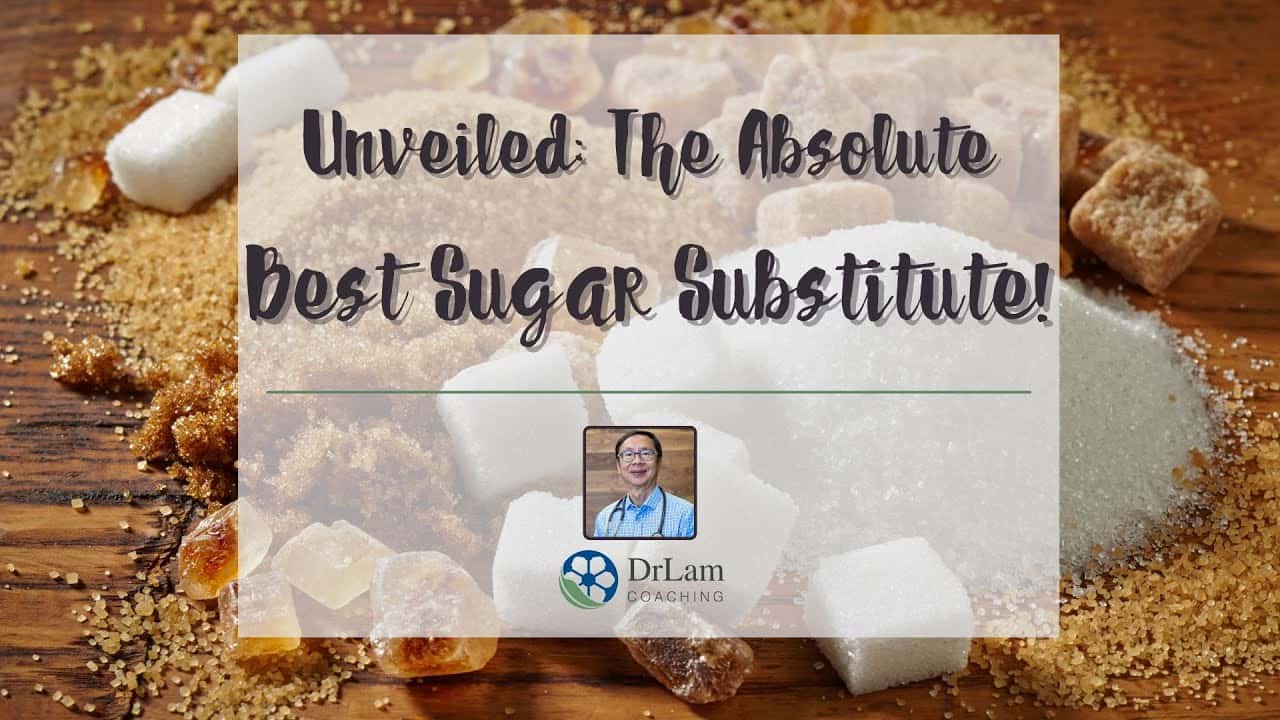
If you’re confused about sugars and artificial sweeteners, you’re not alone. There are so many varieties of sweeteners on the market, each claiming to be better than the next when it comes to taste, calories, and side effects. However, as we all know, you can’t always believe what you see or read when it comes to advertising and marketing. For example, companies are allowed to label a product as “natural” even if it only contains trace amounts of a natural product or has been derived from a natural product – yet refined and processed. So, that makes it all the more important to know your options, understand the differences, and make informed choices when it comes to sweeteners – just remember, there really is no such thing as healthy sugar!
Food processing companies have started adding sugar-free and low-calorie alternatives in response to an increase in health consciousness among consumers. Novel sweeteners are now widely used in processed foods and beverages and consumed on a large scale. Hence, manufacturers are constantly looking for ways to increase production using standard extraction processes. To this end, a number of standard extraction process for sweeteners have been patented across the globe.
As a result, many researchers are now studying the benefits and potential risks of artificial sugars as low-calorie sweeteners increasingly consumed by a more health-conscious population. So, what do you need to know about artificial sweeteners? And are they actually good for you?
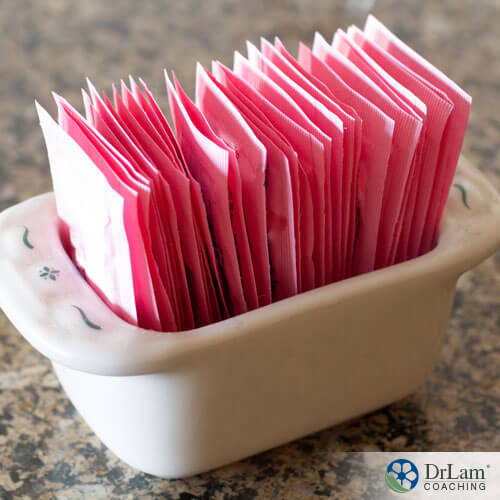 If you’ve been diagnosed with diabetes, if you’re borderline diabetic, or maybe you just simply want to lose weight, it’s more than likely you’ve heard of artificial sweeteners. Many people are turning to sugar replacements to reduce their calorie intake or for other health-related reasons.
If you’ve been diagnosed with diabetes, if you’re borderline diabetic, or maybe you just simply want to lose weight, it’s more than likely you’ve heard of artificial sweeteners. Many people are turning to sugar replacements to reduce their calorie intake or for other health-related reasons.
Artificial sweeteners are synthetic substitutes for regular table sugar or sucrose. In other words, artificial chemicals that are added to foods and beverages to make them taste better. Although some are derived from herbs or even pure sugar and other naturally occurring substances, they are highly processed and refined leaving very little of the “natural” part leftover. They usually have quite an intense flavor and in general, are many times sweeter than natural sugar – so you only need a fraction of sweetener compared to the normal amount of sugar you would use in your diet. These so-called sugar alternatives are highly sought-after because they usually contain zero calories.
You can find artificial sweeteners in anything labeled “sugar-free” or “diet”, including
There are many different types of artificial sweeteners. The following are the most common in the US and Europe:
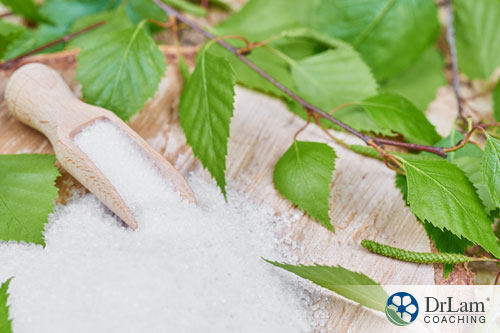 Safety has been an ongoing debate since the 1970s when a study linked the artificial sweetener saccharin to bladder cancer in laboratory rats. Saccharin once carried a warning label notifying consumers that it could be hazardous to health. The National Cancer Institute and other health agencies have since debunked this theory and claim there is no solid evidence linking artificial sweeteners to cancer or other health issues. But the label continues to haunt the industry even after numerous studies have confirmed that consuming artificial sweeteners in limited quantities is generally safe.
Safety has been an ongoing debate since the 1970s when a study linked the artificial sweetener saccharin to bladder cancer in laboratory rats. Saccharin once carried a warning label notifying consumers that it could be hazardous to health. The National Cancer Institute and other health agencies have since debunked this theory and claim there is no solid evidence linking artificial sweeteners to cancer or other health issues. But the label continues to haunt the industry even after numerous studies have confirmed that consuming artificial sweeteners in limited quantities is generally safe.
Despite the rumors we’ve all heard and the bad reputation of artificial sweeteners, there are some notable health benefits that are definitely worth mentioning:
Artificial sweeteners can also have a number of long-term side effects. Diet soda drinkers increases your chance of developing metabolic syndrome by 36%, an illness encompassing obesity and heart disease. If you drink diet soda drinkers on a daily basis, you increase your risk of developing Type 2 diabetes by 67%. Long-term use of artificial sweeteners has not been linked to weight loss; in fact, the opposite is true. In the long run, sugar alternatives lead to increased waist circumference and weight gain.
In light of the growing obesity epidemic and widespread use of artificial sweeteners, more studies are being conducted on the long-term risks of using artificial sweeteners.
The science of taste is just as complex as the rest of the body’s incredible functions. The surface of the tongue is covered in taste buds with various receptors to detect different flavors. Once there is a precise fit between a food molecule and a tongue receptor, it sends a signal to the brain – this is the ability to taste. Just like a lock and key, if a sugar molecule fits into a “sweet” receptor, the brain identifies it as a sweet taste. Artificial sweeteners work the same way as far as your body’s taste buds are concerned, but most molecules are still too different from anything natural, so your body cannot break them down into calories. This is why you get the sweet flavor without the calories.
The Food and Drug Administration (FDA) recognizes artificial sweeteners as food additives, which must be approved before being sold to the public. Keep in mind, this doesn’t always mean a food product is safe. Many foods, preservatives, and additives are approved by the FDA but still harmful or toxic to a lot of people.
Substances “generally recognized as safe (GRAS)” are merely classified by the FDA as a precautionary measure. Food and drugs receive this marking if
The FDA has also provided an acceptable daily intake (ADI) value for artificial sweeteners. This is a conservative level below which they consider safe for daily consumption over the average lifespan.
Artificial Sweeteners are only one form of sugar substitute. There are many other sugar substitutes and alternative sweeteners including: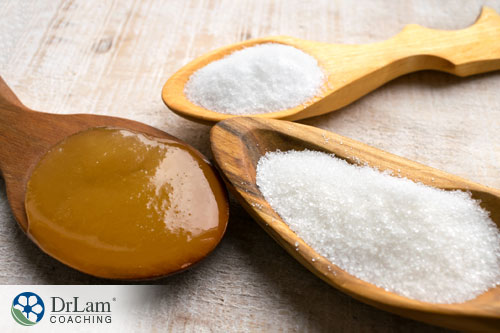
Novel sweeteners are sweeteners that are new to the market but have not yet been used in the food supply, thus the name “novel”. They are hard to classify since it depends on what they are made of and how they are processed. The most popular novel sweetener is stevia. The sweetener is only FDA-approved in its highly refined form. Whole leaves and crude stevia extracts are not approved. Tagatose is another novel sweetener derived from lactose in dairy products.
Novel sweeteners are predicted to become the preferred sweetener in food and beverages in the near future, especially sodas and sweetened drinks. Owing to the recent consumer push towards more health-conscious foods and an awareness of the negative health outcomes associated with sugar, novel sweeteners like stevia will take the lead in manufactured food items due to the semi-natural and purportedly healthier stance.
Sugar alcohols are gaining popularity due to their more natural sweetening abilities. They are not as sweet as table sugar but do contain fewer calories. Sugar alcohols are carbohydrates found in certain fruits and vegetables and can also be manufactured. Despite the name, they do not contain any alcohol.
Sugar alcohols are not sold for individual use but can be found in many processed foods as a safer sweetener, including gum, toothpaste, and chocolate. They have very few side effects but have a possible laxative effect when eaten in large quantities.
Examples of natural sweeteners includes fruit juices, nectars, honey, molasses, and maple syrup. Many people hear the term “natural sweetener” and feel comfortable that they have selected a healthier option. The truth is, although natural sweeteners are promoted as safer and healthier alternatives when used in foods, they still undergo processing and refining leaving very little “nature” in the mix.
In essence, moderation is key. Always be a savvy, conscious consumer and use added sugars minimally. Although artificial sweeteners and sugar substitutes can help with weight management and oral health, they are not a magic bullet for overall wellness. Beware of labels that say sugar-free and calorie-free, as they can be misleading. Artificial sweeteners are often mixed used processed foods, which don’t offer the same health benefits as whole foods.
Although artificial sweeteners are generally considered safe, side effects have been reported such as headaches, depression, and even seizures. Individuals suffering from a mood disorder are more likely to experience depression due to consuming the artificial sweetener aspartame. Those with phenylketonuria (PKU), a rare metabolic disorder, cannot metabolize aspartame because it contains the amino acid phenylalanine. Saccharin, another artificial sweetener, has also been linked to breathing difficulties, rashes, and diarrhea.
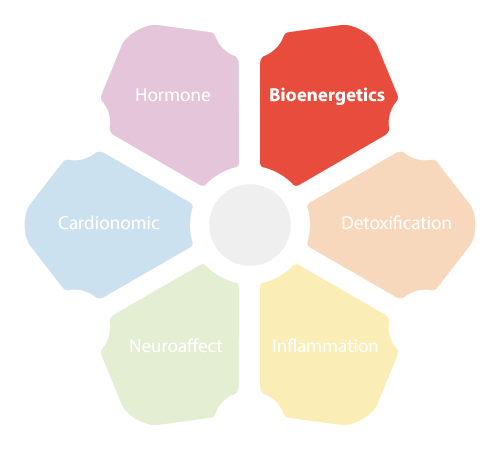 Of course, some people are more sensitive than others, especially those suffering from and underlying conditions such as Adrenal Fatigue Syndrome (AFS), which can leave the body fragile and weak. The condition is caused by exposure to extreme physical and psychological stressors that render the adrenal glands unable to keep up with the body’s demand for the stress hormone cortisol. The NeuroEndoMetabolic (NEM) Stress Response System is comprised of multiple circuits that work together to manage stress. But chronic stress can damage the components of this system. Often, Adrenal Fatigue lead to digestive issues and those suffering with AFS are more prone to allergies and food and drink sensitivities – even to foods they could previously eat without problems.
Of course, some people are more sensitive than others, especially those suffering from and underlying conditions such as Adrenal Fatigue Syndrome (AFS), which can leave the body fragile and weak. The condition is caused by exposure to extreme physical and psychological stressors that render the adrenal glands unable to keep up with the body’s demand for the stress hormone cortisol. The NeuroEndoMetabolic (NEM) Stress Response System is comprised of multiple circuits that work together to manage stress. But chronic stress can damage the components of this system. Often, Adrenal Fatigue lead to digestive issues and those suffering with AFS are more prone to allergies and food and drink sensitivities – even to foods they could previously eat without problems.
Artificial sweeteners are known to affect the metabolic system which, in turn, can cause imbalances in the gut microbiome, clog interstitial tissue, decrease the effectiveness of detoxification processes, decrease the supply of nutrients to cells, and slow down physical and emotional recovery from stress.
Before beginning any new health regime, food, or supplement, it’s always best to consult with a knowledgeable healthcare practitioner.
If you would like to know more or need assistance with supplements for sugar cravings, the team at Dr. Lam Coaching can help. We offer a free** no-obligation phone consultation at +1 (626) 571-1234 where we will privately discuss your symptoms and various options. You can also send us a question through our Ask The Doctor system by clicking here.
If you suffer from AFS, you must be extremely cautious with your diet and aware of the artificial sweeteners in your food and drinks. Owing to high levels of stress, your body may be in a weak fragile state, therefore, foreign elements can have adverse effects on your body.
